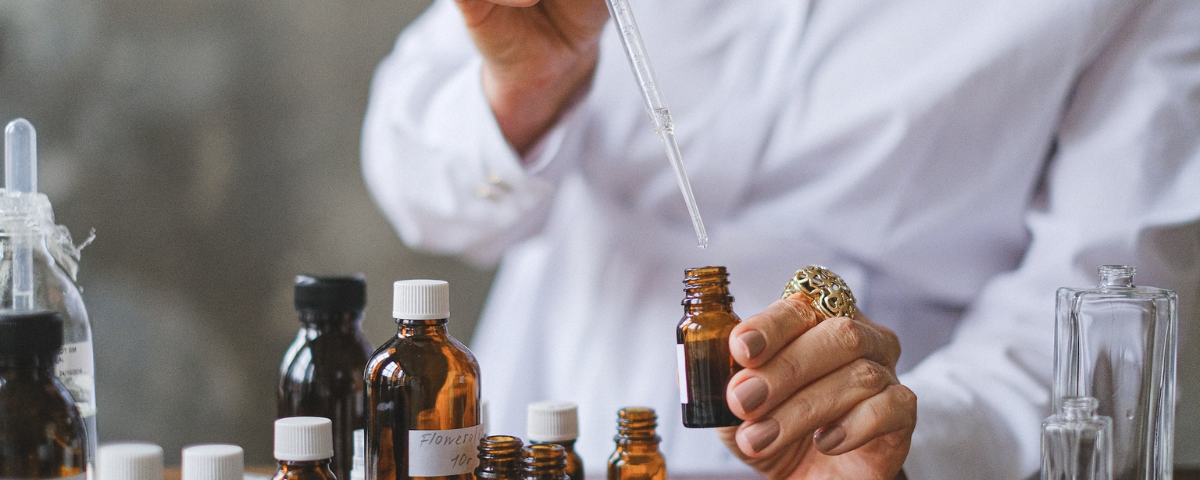To incorporate nature and promote sustainability in the cosmetics industry, many companies have used natural and organic extracts from plants, flowers, and seeds as formulation ingredients. However, consumers are increasingly demanding even more sustainable products. As such, many in the industry have started to investigate upcycling materials that can be reused for cosmetics and that would have otherwise been discarded. These materials include coffee grounds, olive oil wastes, and fruit peels. By maximizing the usage of natural resources, we can help reduce the cosmetic industry’s impact on the environment.
Traditionally, recycling in the cosmetics industry has been focused on packaging materials. For most cosmetic products, packaging is a necessity. This is because many formulas are sold in water-based forms and, generally, in a liquid state. These formulas are susceptible to oxidation as well as contamination by bacteria, which makes airtight packaging essential to ensure the product’s safety during its intended shelf life. However, not all packaging materials are made equal, and not all of them are strictly necessary. Due to its widespread usage, plastic attracts a lot of negative attention with respect to its environmental impacts. As such, it is now generally agreed that the end of life for all plastic packaging materials should be clearly planned out before they are adopted for usage. In France, the Agec law stipulates a total ban on single-use plastic packaging by 2040, with an initial target to recycle all plastic packaging by 2025. Consequently, from March 2023, the cosmetics industry started to print the new Triman recycling logo, along with instructions on how to recycle it, on all plastic packaging materials.
In contrast, upcycling is the process of utilizing by-products, waste materials or discarded components for new functions and transforming them into new products. Food and beverage processing by-products represent a major source of materials that can be upcycled into beauty products, particularly natural and organic cosmetics. Food and beverage by-products often contain ungarnered food-grade ingredients that have many beneficial properties for the skin. Since it recovers elements of agricultural production destined to be destroyed or devalued, upcycling is very conducive to environmental sustainability. It maximizes usage of existing products, thereby eliminating the consumption of additional resources.
According to a 2011 report by the Swedish Institute for Food and Biotechnology, roughly one-third of the food produced for human consumption globally is lost or wasted. A large percentage of this waste happens during food material processing. To prepare food stuff and transform it into a consumer-acceptable state, a large portion of the food and beverage components have to be discarded, often for taste and aesthetic purposes. However, this discard can be upcycled into natural cosmetics, benefitting both the cosmetic industry and the environment.
As validated by many pieces of academic research and cosmetic company practices, food waste is a valuable source of materials for the creation of natural and organic upcycled cosmetics. Many collaborations between food producers and cosmetic companies have catalyzed the upcycling of food waste stream materials with precious active functions for skin applications. In the same vein, cosmetic raw material companies have also started to focus their attention on developing plant-based ingredients obtained from various food processing by-products.
Examples of food waste that can be used to develop upcycled natural and organic cosmetics include olive oil processing wastes in the forms of water and solids, citrus extracts from the likes of orange and lemon peels, waste from brewing coffee and cacao, waste from making tea, etc. Dried fruit seeds discarded from the juice and jam industries can be cold pressed and transformed into essential oils. Extracts of grape waste from wine production can be used for their pigments and active ingredients. However, the successful recovery of these ingredients for cosmetic applications demands research and developmental efforts. Often these materials need to be freshly processed into cosmetic ingredients. They also need to be freed from germs and other possible contaminations.
Increased investment by the cosmetic industry, which is reinforced by consumers’ growing appetite for circular beauty products — products that are “good for people and planet” —, will keep the development of recycled and upcycled cosmetic technology highly active in the coming years. Explorations of additional waste material streams as well as advanced recovery technologies will bring novel ingredients and functions to the beauty industry while reducing its environmental footprint.
Enjoyed this article? Get more by subscribing to our newsletter!
Feeling inspired to see ingredients and trends in action?
Then why not visit one of the in-cosmetics events around the world?

